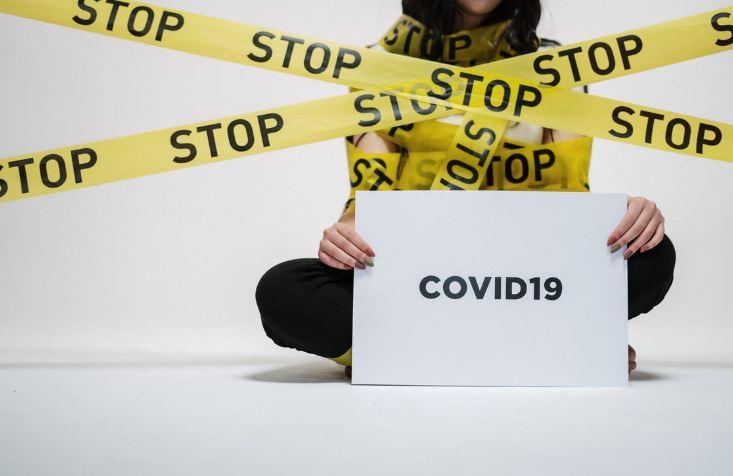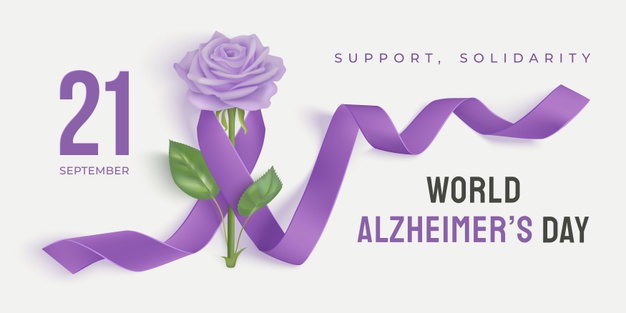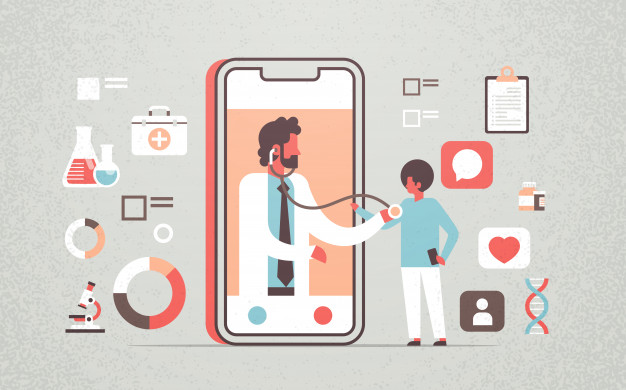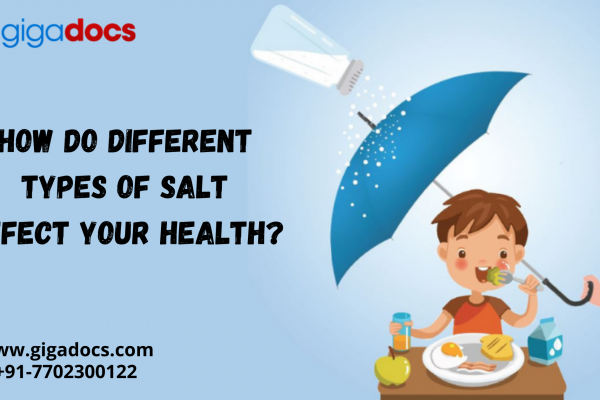Coronavirus is reaching out to every nook and corner of the world, and along with it spreads fear and anxiety, despite medical professionals telling people not to panic and keep their calm. Consequently, this pandemic has led many countries to suspend schools, shut down shops and malls, and bring life to a halt. The question remains will the normal life ever return again? Add to the panic where countries are denying entry to visitors from high-risk regions, or putting them in institutional or home quarantine.
Across the world, people are being influenced by one another and letting the virus dictate their behavior, instead of thinking rationally and logically. To mitigate the spread of the panic and anxiety that surrounds the virus, the WHO has released guidelines to what must and must not be done to address the panic and uncertainty surrounding the Coronavirus-
- DO – People must speak positive about the Coronavirus disease (COVID-19), address the fears and uncertainty. They must know that the recovery rates are slowly and steadily turning higher.
- DON’T– WHO directs that locations of the ethnicity of the pandemic must not be attached by addressing it as a Chinese or Wuhan Pandemic. The name coronavirus was chosen that represents ‘co’ for Corona, ‘vi’ for Virus and ‘d’ for Disease. 19 points to the year of the first reported case.
- DO – WHO urges people to talk about people who have COVID-19, and what are the precautionary measures they are adopting to restrict the spread.
- DON’T – People must not refer to those who have Coronavirus as “COVID-19 cases” or “victims”, this creates a fear of panic and stress to not just them but their families and friends.
- DO – People must speak the Coronavirus spread, symptoms and raise awareness about contracting the COVID-19 pandemic
- DON’T– WHO, Government authorities and the Medical fraternity says that people must not discuss using a word like ‘pandemic spread’ or ‘transmitting the virus’, this leads to blame and fear.
The Coronavirus or COVID-19 has bought fear, panic, and stress for several reasons. One being it is a new virus which means no one has immunity. Because of no vaccination, and scientists not knowing how does the virus behaves has led to more panic, sadness, and a general feeling of anxiety. Though the vaccine trials are on, there is still a long way to go before the damage is already been done.
Battling the Coronavirus Stigma
Using criminalizing or dehumanizing terminology for Coronavirus is as bad as it sounds. This leads to the impression that those who are infected can intentionally infect others. Or in worst cases, they have done something wrong to catch this pandemic. We must not forget that the virus brings a strict quarantine, and impacts the lives of those who have contracted with physical and emotional stress. By using dehumanizing terminologies, we are just adding to their pain. Again, we must not forget that the pandemic can infect anybody from celebrities to businessmen to a general person of the society, thus we must refrain from using derogatory words and actions against those who have caught the pandemic,
WHO is against the use of words and phrases that feed stigma, potentially fuelling treatment resistance, undermining empathy, or restricting screening, testing, and quarantine
Multiple pieces of evidence show that the fear, panic, and stigma around communicable diseases, especially in the monsoon season, hamper the response. What is critical is creating a trust factor, showing a feeling of solidarity to those who are affected, adopting all the necessary precautions to safeguard others. Here is what you can do to mitigate the surface spread of the deadly pandemic-
Sticking to the Facts
- DO– Discuss the pandemic risk with everyone and make them aware of the actual symptoms and treatments available, discuss them with the support of scientific data and numbers.
- DON’T – Share any rumors, or use languages like “plague”, “apocalypse”, this generates anxiety among people.
- DO– Coronavirus is curable, with adequate medication and rest. Speak with others about the prevention and treatment measures.
- Don’t-Coronavirus pandemic prevention takes simple steps, that we can take to take of ourselves and our loved ones in these testing times.
- DO – Emphasise the effectiveness of adopting protective measures to inspire a healthy way of living.
- Don’t – Overthink on messages that dispel threat and panic.
- Don’t Skip the Self-Care
Coronavirus has bought the importance of self-care to build one’s immunity a critically important objective of 2020. We hear more of exercises, medication, safe food practices, eating immunity-boosting foods like proteins, vegetables, and legumes. The umbrella of ‘self-care’ is critical. One must try to sustain regular routines bringing stability and well-being. Therapy, yoga, meditation, conversation, exercise, religious and spiritual practices are good starting points. Healthcare professionals also suggest that its equally important to consider the healing impacts of hobbies like walking, singing, helping others, and so on.
It is important that while the fear of Coronavirus cannot be driven fear off in a whiff of a second, we as members of the society can learn ways to calm ourselves down to find a balance and a calming peace of mind. Important is to begin our actions towards vitality and welfare which is the first step towards good health.
Not letting Fear and Anxiety become Pandemic
In these stressful times, it is important to be calm and manage one’s anxiety. Being calm and composed is critical to not pass the pandemic to others. But most importantly, is not letting the fear to isolate us or stop us from acting with compassion, courage, and clarity. For any fear, anxiety, and panic, and keeping off any monsoon diseases, you can consider virtual consultation. Telemedicine or consulting a doctor on the phone or the video not only gives a feeling of calmness it also considerably decreases the fear of infection which one may catch from a physical doctor visit.
Gigadocs is a smart practice management app, that assists you with providing telemedicine consultation at your home, through qualified doctors registered on the Gigadocs app. To avoid the fear of Coronavirus infectivity and seasonal diseases infection which you may catch while visiting the doctor’s clinic, consider virtual consultation. Book a digital doctor on the Gigadocs app, available on the Appstore and Play store.
Gigadocs is a smart practice management software that assists you to book a digital doctor for seasonal infections, monsoon diseases, toothaches, stomach troubles, eyes, more serious chronic infections like diabetes and cardiovascular diseases. Gigadocs is an intelligent practice management E-Healthcare app, for all your and your family’s Medi-care needs.
Gigadocs app comes with its unique set of advantages, which lets you to-
- Record your vitals as steps walked, heart rate on the Gigadocs app to share live with a virtual consultant online.
- Digitally store your and your family’s healthcare records.
- Never lose your medical prescriptions, store them on the Gigadocs app without the fear of losing them.
To Download Gigadocs app-
- IOS App – apple.co/2W2iG4V
- Android App – bit.ly/33AQoRC
To know more and schedule a Virtual Consultation demo, e-mail, at info@gigadocs.com




